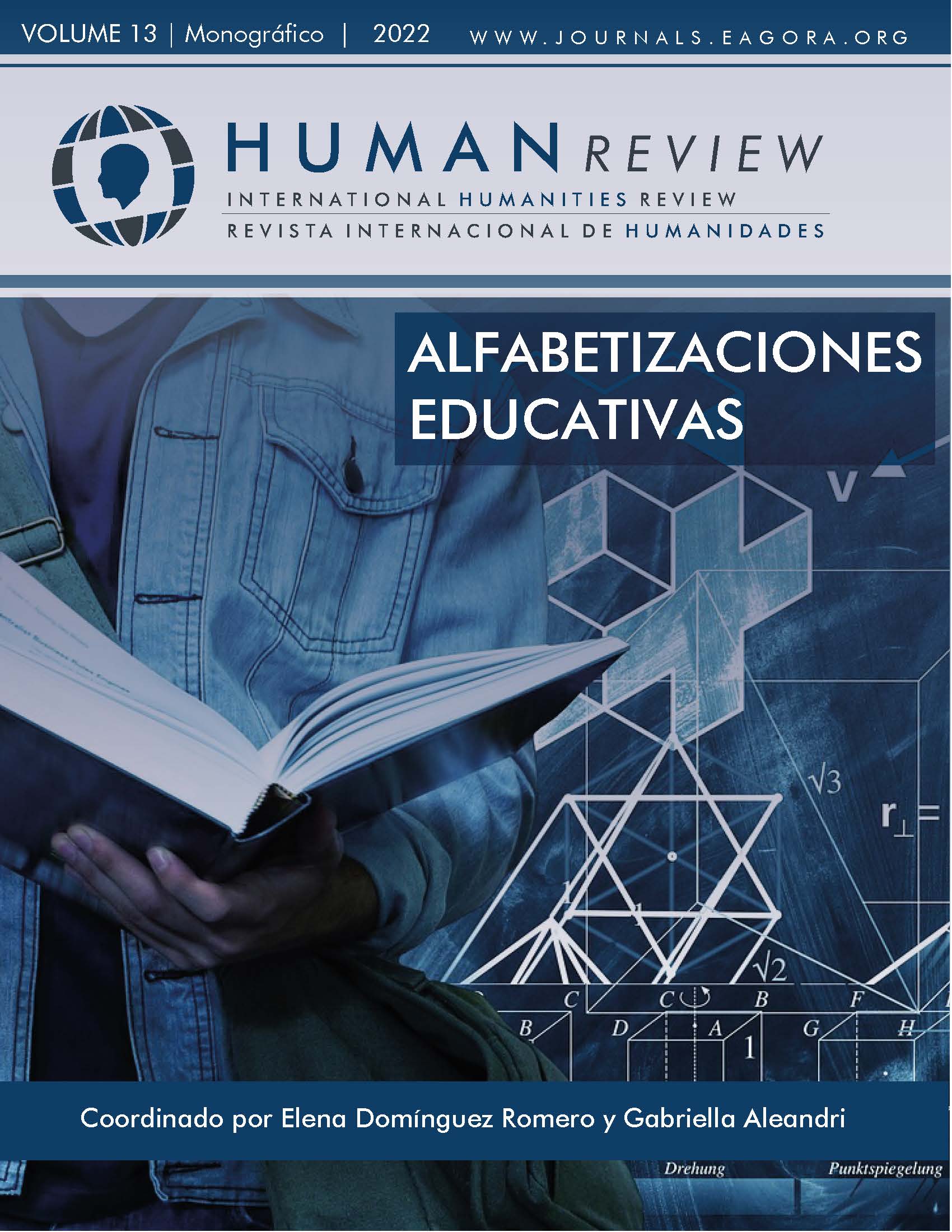Headhunting: simulation in the course human resources management in pandemic
DOI:
https://doi.org/10.37467/revhuman.v11.4011Keywords:
Active learning, Higher level education, Innovation, Simulation, VirtualityAbstract
The university adapted professional training to virtuality, thus adapting the theory and practice of the different subjects, in this new context the objective of this study was to develop a simulation game for the selection of human talent and describe the gaming experience in pandemic. With a quantitative methodological approach, non-experimental cross-sectional descriptive design, applied to students of the VIII cycle of the Human Resources Management course. It is concluded that the simulated game is a tool that facilitates learning in a virtual way, it also contributes to the learning of the proposed topic, in an organized, dynamic and fun way.
References
Calvo Babío, N. (2009). Análisis de la simulación dinámica como herramienta de apoyo directivo a la gestión del talento en organizaciones de consultoría. Europea de Dirección y Economía de la Empresa, 18(1), 135-154.
Castro Maldonado, J. J., Bedoya Perdomo, K., y Pino Martínez, A. A. (2020). La simulación como aporte para la enseñanza y el aprendizaje en épocas de Covid-19. Administración e Ingenierías, 8(51). https://doi.org/10.15649/2346030X.2475
Catalán, A. (2017). La simulación histórica y la historia militar [Los juegos de guerra y su influencia en el desarrollo de la guerra contemporánea]. Universitat Jaume I.
Cedeño Tapia, S., Villalobos Guiza, M. N., Rodríguez López, J. I., y Fontal Vargas, P. A. (2021). La educación de enfermería en Latinoamérica y los entornos virtuales de aprendizaje en tiempos de pandemia. CuidArte, 10(20), 19-30.
Corvetto, M., Bravo, M. P., Montaña, R., Utili, F., Escudero, E., Boza, C., Varas, J., y Dagnino, J. (2013). Simulación en educación médica: una sinopsis. Revista médica de Chile, 141(1), 70-79. http://dx.doi.org/10.4067/S0034-98872013000100010
Definiciona. (2018, 11 de octubre). Significado y definición de simulamiento. Definiciona. https://definiciona.com/simulamiento/
De Oliveira Costa, R. R., Dos Santos Albeida, R., & Mazzo, A. (2021). Uso de la simulación clínica en la enseñanza de la enfermería en Brasil: Condiciones ante la pandemia de COVID-19. Biblioteca Digital de Periódicos. https://doi.org/10.5380/ce.v26i0.81207
Garay Acevedo, C. P., y Reyes García, D. (2012). Juegos de simulación como método de defensa en la guerra. Revista Científica General José María Córdova, 10(10), 237-255. https://doi.org/10.21830/19006586.236
Hernández, N., Soto, C., y Caballero, C. (2008). Modelos de simulación de cultivos. Características y usos. Cultivos Tropicales, 30(1). http://scielo.sld.cu/scielo.php?script=sci_arttext&pid=S0258-59362009000100014
Martínez , J., Peralta, F., Ureña, A., y Jiménez , M. (2021). La innovación educativa en la práctica docente de educación secundaria. Universidad de Almería.
Pitarque, A., Roy, J. F., & Ruiz, J. C. (1998). Redes neurales vs modelos estadísticos: Simulaciones sobre tareas de predicción y clasificación. Psicológica, 19, 387-400. https://www.uv.es/PSICOLOGICA/articulos3.98/pitarque.pdf
Real Academia Española. (2022, 13 de julio). Simular. Diccionario de la Real Academia de la Lengua Española. https://dle.rae.es/simular
Saegesser, F. (1991). Los juegos de simulación en la Escuela. Visor Distribuciones S.A.
Vázquez Mata, G., & Guillamet Lloveras, A. (2009). El entrenamiento basado en la simulación como innovación imprescindible en la formación médica. Educación Médica, 12(3). https://scielo.isciii.es/scielo.php?pid=S1575-18132009000400004&script=sci_arttext&tlng=pt
Downloads
Published
How to Cite
Issue
Section
License
Those authors who publish in this journal accept the following terms:
- Authors will keep the moral right of the work and they will transfer the commercial rights.
- After 1 year from publication, the work shall thereafter be open access online on our website, but will retain copyright.
- In the event that the authors wish to assign an Creative Commons (CC) license, they may request it by writing to publishing@eagora.org









